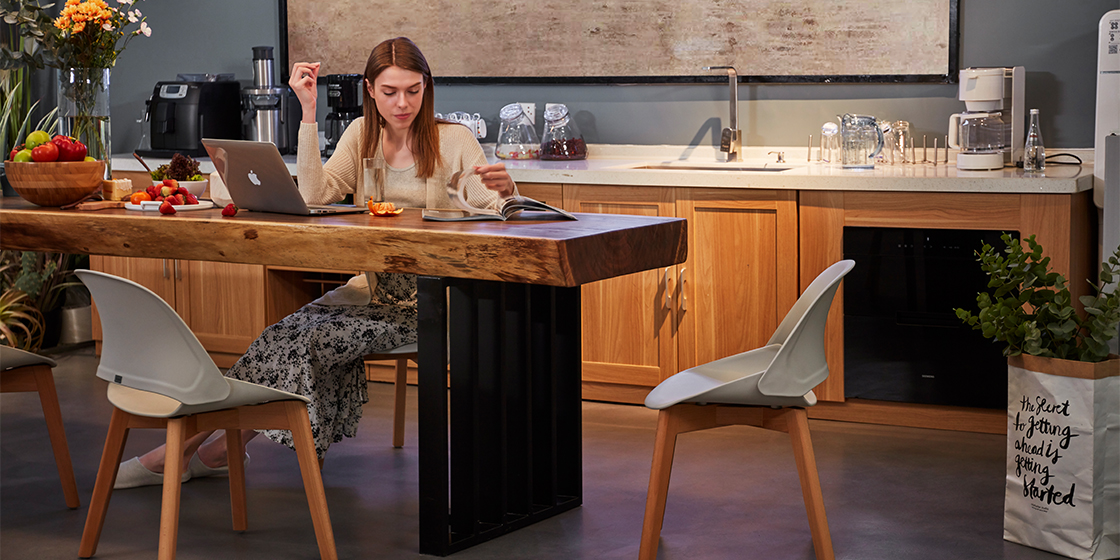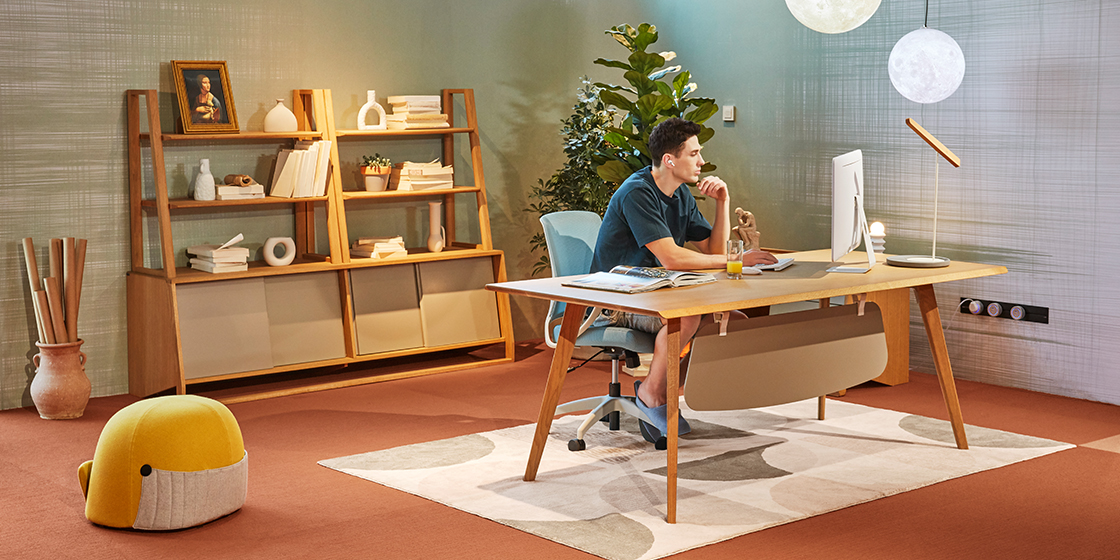
As the pandemic continues to unfold around the world and the future of work becomes complex, one is for sure that the 9 – to – 5 work, 5 office days a week will become a thing of the past. This crisis has pointed out the inefficiencies of the normal 9-to-5 work. Employees can still be productive — without clocking in every weekday for 40 hours per week. Now some employers and staff rethinking possibilities around how they can restructure their time outside of the traditional 9-to-5 work-week model.
The idea of putting in eight hours a day, five days a week was already on the wane for many millennial and Gen Z workers, long before the arrival of Covid-19. The pandemic has shown most leaders that flexibility is key. There is no reason for managers to chain employees to their desks all day. Now many companies measure results, not time. There is no need to own someone's calendar as long as you know they have very clear metrics and can hit their goals. Work can happen from anywhere and when they are given flexibility, employees are able to be even more productive.

The origin of the 9-to-5 workday
The 8-hour workday wasn't always the norm. During the Industrial Revolution, companies were focused on increasing labor as much as possible, which often led to incredibly long workdays of up to 12 hours a day. It's no wonder that at that point the 8-hour day movement was born. A man called Robert Owen started a campaign to have people work for 8 hours a day. He determined this number by the reasoning that people should have 8 hours of labor, 8 hours of recreation, and 8 hours of rest.
In the early 1900s, Henry Ford needed to hire factory workers for his exploding auto empire. So, he took a unique path to attract his employees: by offering them an 8-hour workday. By 1926, Ford Motor Company issued a five-day, 40-hour workweek for its workers which was revolutionary at that time and it was an opportunity not to be missed for all workers.
While it has become the norm since then, there are actually many reasons why the 9-to-5 work schedule doesn't always work, particularly in today's digital world. As technology has advanced, work hours have remained the same—potentially at a cost to workers and their companies. In recent years, the work culture has evolved at a rapid pace as more and more people, particularly millennials, walk away from the standard workday.

The times have changed
The 9-to-5 workday was originally conceived around the needs of the manufacturing worker, but the times have changed. Now more than one-in-three workforce participants (35%) are Millennials—making them the largest generation at work. What do Millennials care about? Three main things: flexibility, autonomy, and fulfillment—things that the 9-to-5 workday doesn't deliver. Gen Z, which is now entering the workforce expects more flexibility than any other generation.
No longer can you leave work, come home and forget about work until the next day. With remote working now being a norm, this is out of the question. An employee puts in a considerable amount of time outside of working hours as well. Technology has also changed the game completely. if you factor in time zone differences and having to interface with overseas counterparts in China, Europe, or the USA, an employee may have to be connected to work all the time.
What is the future of our workdays?
We need to modernize the workday to fit the needs of employees. With remote working and self-employment on a steep upward curve, companies need to consider how they will recruit and retain talent. It's time to revisit work schedule expectations and reap the benefits of autonomy along with it.
Here are few key factors to discuss on, how and why the 9-to-5 workday will change in the post-pandemic world.
Employees are not machines
The 9-to-5 workday suited the industrial revolution and the factory production goals, but not anymore. Every person's rhythms and the skills required for their jobs will mesh with a traditional, 9-5 work schedule. A traditional schedule could also quench another person's ability to tap into other skills, like creativity, innovation, or teamwork.

Not all tasks are equal
For some employees, they need an extended amount of time to work on a particular task. For others, they can complete it in lesser time. Does that mean one employee is more efficient than the other? Not necessarily, or not across all tasks. Many employees complain of excessive downtime at work – or they struggle to understand why they must stay in the office until 5 pm if they've already completed the day's tasks, which is why 9-to-5 is becoming obsolete. One size doesn't fit all.
Get things done, on your time
By taking breaks while working and creating their own schedules, employees will be able to accomplish their tasks, often better than professionals constrained by the standard archaic work week. While working remotely, they don't choose between priorities like work and personal lives. By streamlining workdays, they can concentrate on getting the job done efficiently and effectively while respecting their full lives.
Flexibility increases productivity and focus
There's evidence that the more hours you work, the less productive you will be. Your brain actually works better when you are content. Happier workers who actually do the best work. If you constrain yourself to a shorter (or simply more flexible) workday, you'll have more incentive to manage your time well, which means high-priority tasks and projects will receive priority. Flexible working and spaces give employees more options to choose from and select what suits them best.
Coworking promotes collaboration
Co-working spaces can boost people's productivity and happiness. These spaces also allow people from different industries and of different skill levels to interact and network. Co-working spaces feature long, connected tables and open spaces which helps in better communication and collaboration. More companies and freelancers will be using them as the 9-to-5 workday continues to fall out of practice.
Wrapping up
Flexibility enables workers to focus on the most important things in their lives—their well-being and the health of their families—so they can in turn bring their best to the table. More and more forward-thinking companies are turning to shared office spaces and agile working to battle the changing sentiment about work schedule flexibility. The 9-to-5 schedule simply isn't for everyone and companies will be seeking new, innovative ways to be more productive at work.